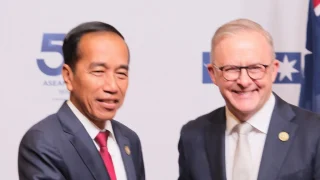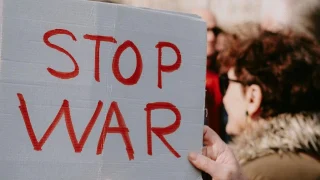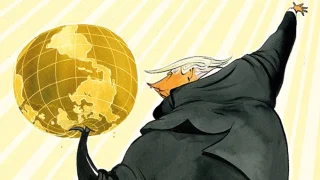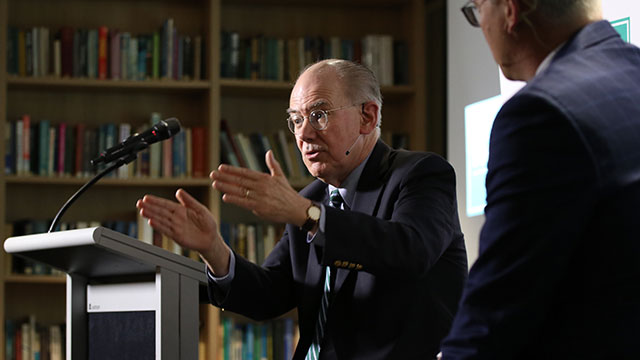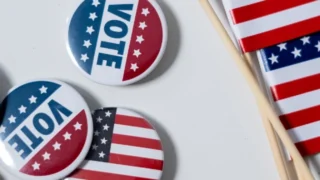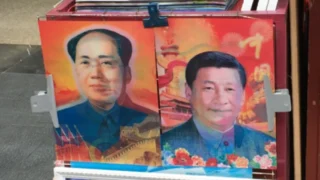
Vanuatu, with a population of 200,000, is a medium sized Pacific state that became independent from the British-French Pacific Condominium in 1980. Vanuatu has rich agricultural land, marine resources and many beautiful tourist sites. Like other Pacific islands, it is well located with respect to burgeoning Asian markets. But instead of harnessing its resources to catch up to high living standards, Vanuatu’s per capita income (around $1,500) has barely risen in 25 years. Most of the benefits of high aid flows have been appropriated by small elite in Port Vila. The elite enjoy the lifestyle of the expatriates who still fill many professional and management positions whereas most ni-Vanuatu are subsistence farmers and urban shanty dwellers.
No society of Vanuatu’s size can support the costs of its political and bureaucratic superstructure.
Vanuatu has a Parliament of 58 members led by a Prime Minister and Cabinet of 12 other Ministers each with a government department. The Reserve Bank of Vanuatu issues currency and exercises all the other functions of a central bank. There are six regional presidencies. The judicial system is based on English and French law with recent accretions of American law. Vanuatu is a member of the United Nations and 29 other international organisations. Because it was a condition of continuing French (and subsequently European Union) aid, Vanuatu operates in three languages – French, English and lingua franca Bislama.
Vanuatu’s economic policies prevent growth. Communal land tenure has been enshrined in the Constitution. Apart from limited urban land and some private rural estates, land is not titled or registered and cannot be used for development. This deprives more than 80% of the population of cash incomes. Women’s work in gardens feeds the population. Agricultural exports come from the few long established estates. Most men in the countryside are underemployed. The consequences are dire for young men who inevitably drift to towns where there are no jobs. Public utility monopolies create high costs and limit power, water, sanitation and communications to wealthy urban areas. Transaction costs for business are high and arbitrary so that corruption is rife. The fiscal base is limited to a partial value added tax and import taxes. There are no income or corporate taxes. Public service wages and salaries take up more than half the budget revenues. There is no funding for infrastructure maintenance let alone development.
A limited off-shore banking sector has come under some surveillance to deter money laundering and tax avoidance, but for some 4,500 off-shore registered companies there are no controls so that the sector is still seen as a corrupting influence. The sector only employs some 200 ni-Vanuatu employees and its contribution to revenues is also very limited. Its net impact on the economy is probably negative.
Again, like the rest of the Pacific, Vanuatu has received generous annual aid flows, notably from Australia. Aid flows have maintained the political and bureaucratic structures, but aid also creates costs. Upward pressure on the value of the Vatu deters exports and import substitution.
Resources are drawn to the public sector. Incomes in rural areas are depressed. And aid has enabled Vanuatu to avoid reforming its economic policies. Australia, working with the Asian Development Bank and the World Bank, became unpopular in Vanuatu when it attempted to persuade Vanuatu governments to pursue growth policies through a Comprehensive Reform Program in the late 1990s. This Program failed. Mending fences, the new Prime Minister Ham Lini and the Australian Minister for Foreign Affairs, Alexander Downer, signed a joint Good Governance Statement of Principles on 17 December 2004 and followed it with a new ‘joint strategy’ for development in March 2005.
But Vanuatu had the upper hand in the negotiations. On 8 March 2006 the US Millennium Challenge Corporation approved a five year $US65.69 million Compact with Vanuatu for, yet again, an ‘institutional strengthening’ program for the Ministry of Public Works plus funding for the transport infrastructure that failed to be maintained by previous aid flows. The funding is to be front-loaded, reducing Australia’ share of aid to Vanuatu from 75% to 45%. The Compact does not include the policy reforms identified as essential for Vanuatu’s growth and hence for improved living standards. Although the outcome is likely to boost Port Vila by the target 15% over five years, for most ni-Vanuatu nothing will change. But the 2008 election should go well for the Lini Government!
Emeritus Professor Helen Hughes is a Senior Fellow and Gaurav Sodhi is a Researcher at The Centre for Independent Studies.

